Cheeky Things I Do While Watching K-Drama
- byT.Sapphire 💙
- 10 months ago
- 0 Comments
- 4mins
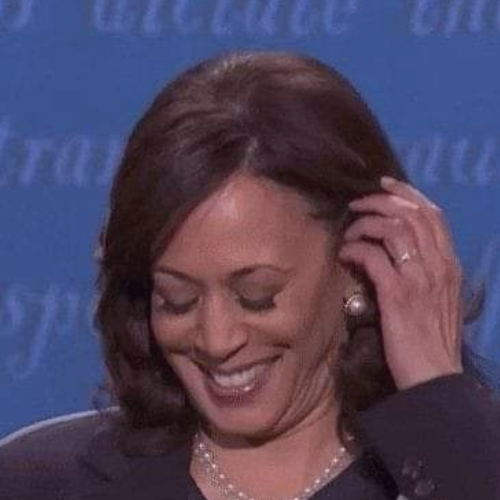
Watching K-dramas isn’t just a hobby, it’s an entire lifestyle. From swooning over slow-burn romances to throwing virtual punches at the villains, every drama-watching session becomes a full-on interactive experience. While some people just watch K-dramas, I take it to another level with my cheeky little habits. If you’re a true K-Drama fan, I bet you do at least one of these too!
Acting Out Product Placement Scenes Like an Advertisement Star
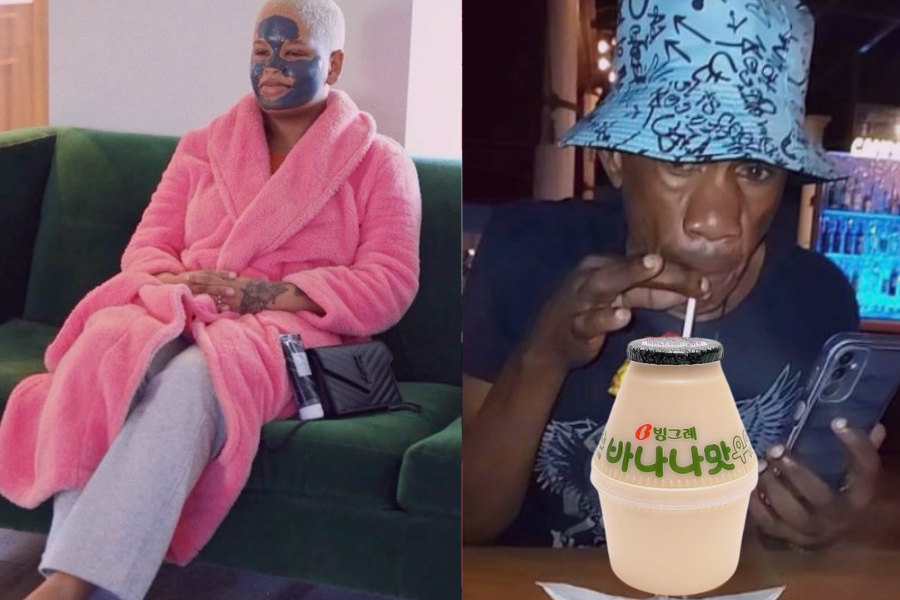
Yes, I just have a thing for product placements, and we all know K-dramas love their dramatic product placements. And instead of rolling my eyes at them, I fully embrace the moment. If a character takes a bite of fried chicken and dramatically sighs, “Wow, this is the best chicken ever,” you better believe I’m repeating it word for word while fake chewing along. And when someone pops a Kopiko candy into their mouth and suddenly feels energized, I don’t just watch, I grab one myself (or pretend to) and say, "Oh wow, I feel so refreshed!" Am I being extra? Absolutely. But if K-dramas are going to make commercials this entertaining, the least I can do is play along.
Hating on the Villain with All My Strength
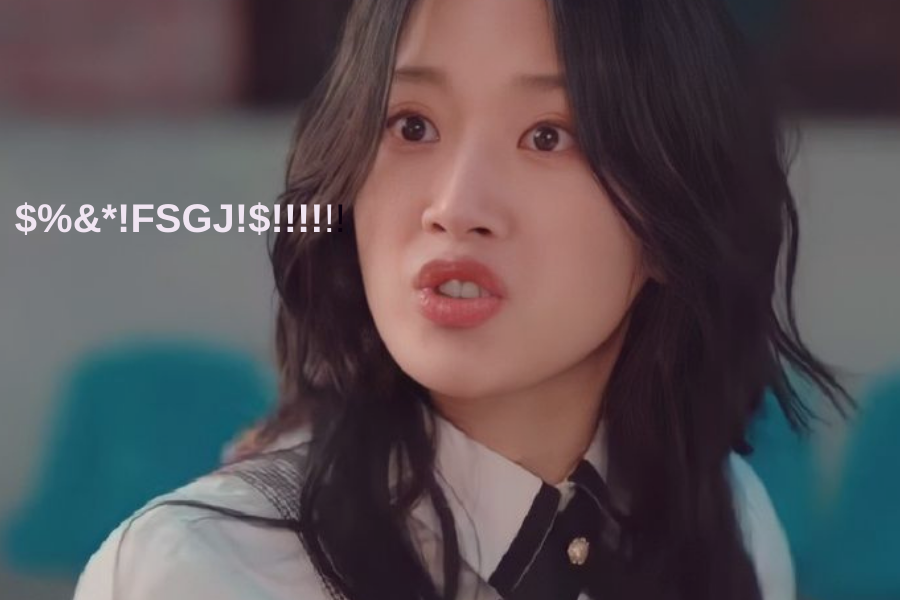
K-Drama villains aren’t just bad, they’re infuriating. Whether it’s the evil mother-in-law, the manipulative second lead, or the backstabbing best friend, I make it my mission to verbally destroy them. “Oh, you again?” I scoff whenever they show up on screen. And if they smirk after ruining the main character’s life? I lose it. “You better hope I never catch you in real life,” I say, shaking my fist at the screen like a K-Drama protagonist ready for revenge. They may never hear me, but my dedication to hating them is award-worthy.
Guessing the Next Dialogue (And Being Right 90% of the Time)
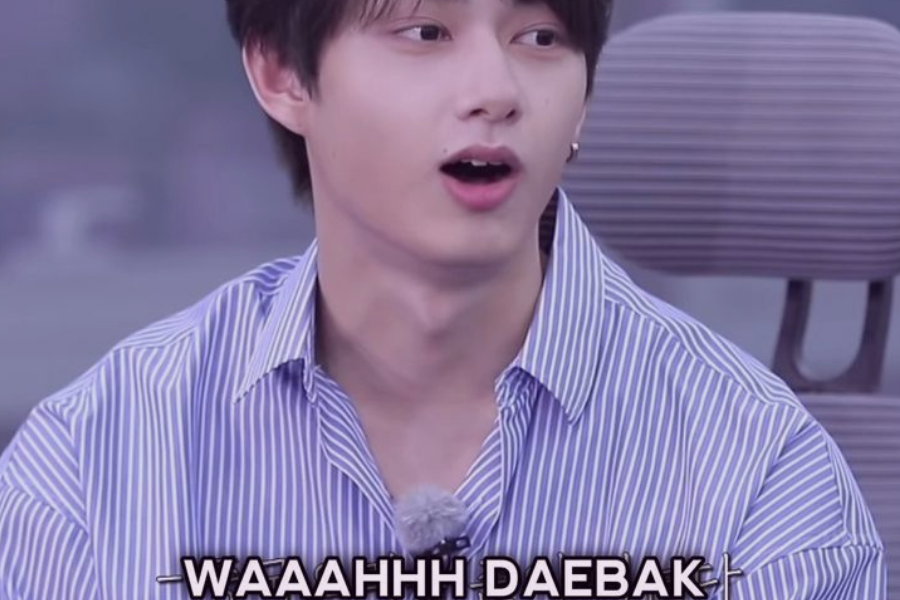
After watching so many dramas, I’ve basically unlocked the scriptwriting formula. I can predict when the male lead will whisper, “Gwenchana?.” I know when the female lead will dramatically say, “I don’t deserve you.” And if a character is standing in the rain looking sad? I call it immediately: “I waited for you, but you never came.” I say the line before they do, and when I’m right (which is most of the time), I nod like a true K-Drama prophet. It’s not just watching, it’s a talent.
Googling If It Has a Happy Ending (Because I Refuse Another Scarlet Heart Situation)
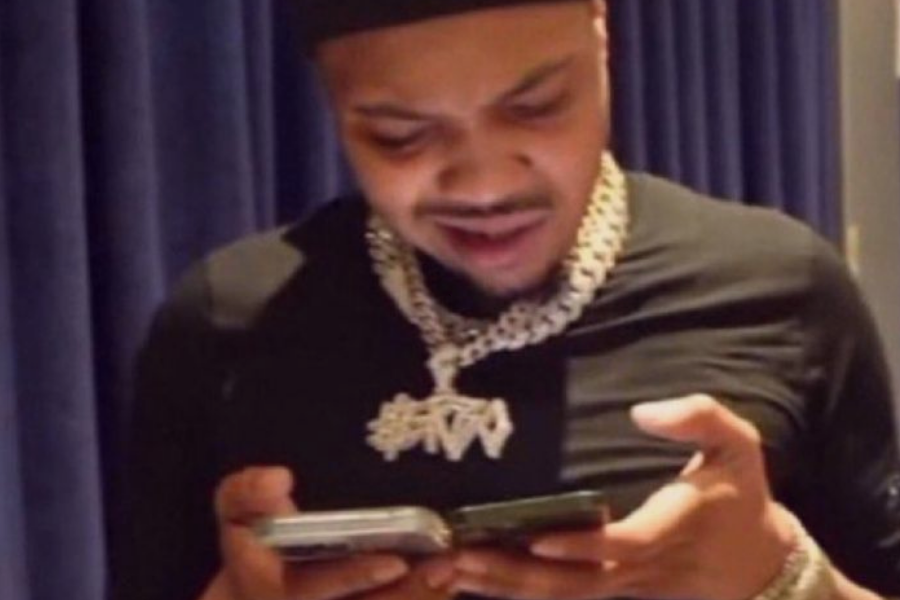
Look, I have trust issues thanks to certain K-dramas (Scarlet Heart Ryeo, I’m looking at you). So now, I don’t take risks. I Google the ending before I emotionally invest. No matter how much I’m enjoying a series, I pause midway and type, “Does (drama name) have a sad ending?” If the answer is yes, I prepare myself emotionally or, let’s be real, I drop it altogether. My heart can only handle so much pain.
Stalking the Cast on Social Media (Because I Need to Know Everything About Them)
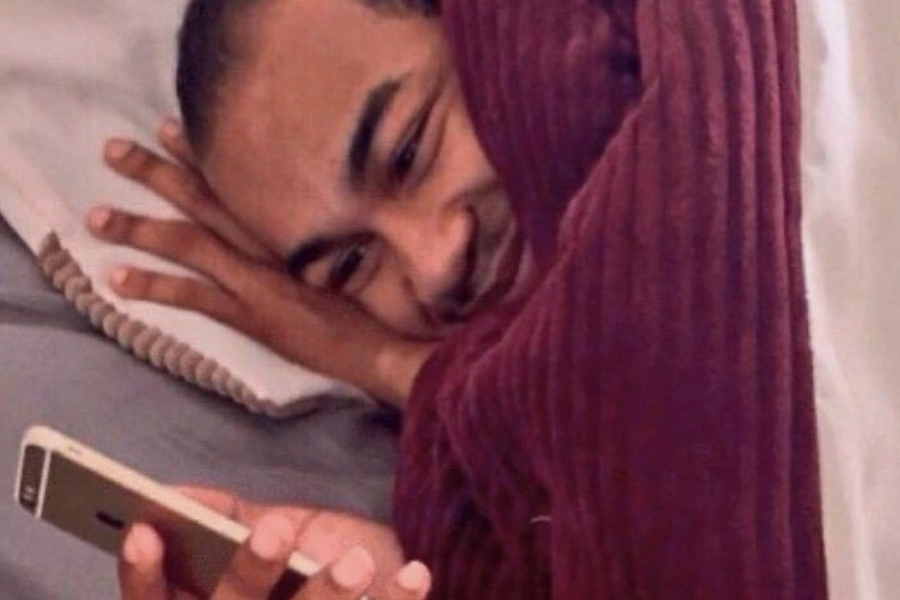
The moment I finish a drama, I immediately head to Instagram to see what the actors are up to in real life. Are the leads secretly dating? Do they post behind-the-scenes selfies? What kind of food do they like? I need all the details. If I really love the cast, I go into full detective mode, watching interviews, scrolling through fan edits, and convincing myself they have a real-life romance. At this point, I should be getting paid for my dedication to posting drama research.
K-dramas aren’t just shows, they’re an emotional experience. Whether I’m acting out product placements, roasting the villain, or obsessively checking if my heart will be shattered, I make sure to enjoy every moment. After all, what’s the point of watching if you don’t go all in? Now, excuse me while I start my next binge session, but only after I Google the ending first.
T.Sapphire 💙
T. sapphire is a writer who found her love for the Hallyu wave after watching the historical drama “Jumong.” She is mainly interested in Korean dramas and the history of Korea at large. Explore her pieces as she takes you on a journey through K-Drama recommendations and keeps you informed about the history of the Korean people.
0 Comment(s)
Related Posts
Daily Newsletter
Get all the top stories from Blogs to keep track.

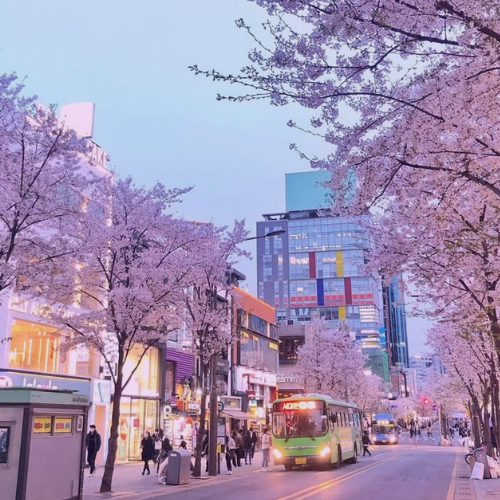



Leave a comment